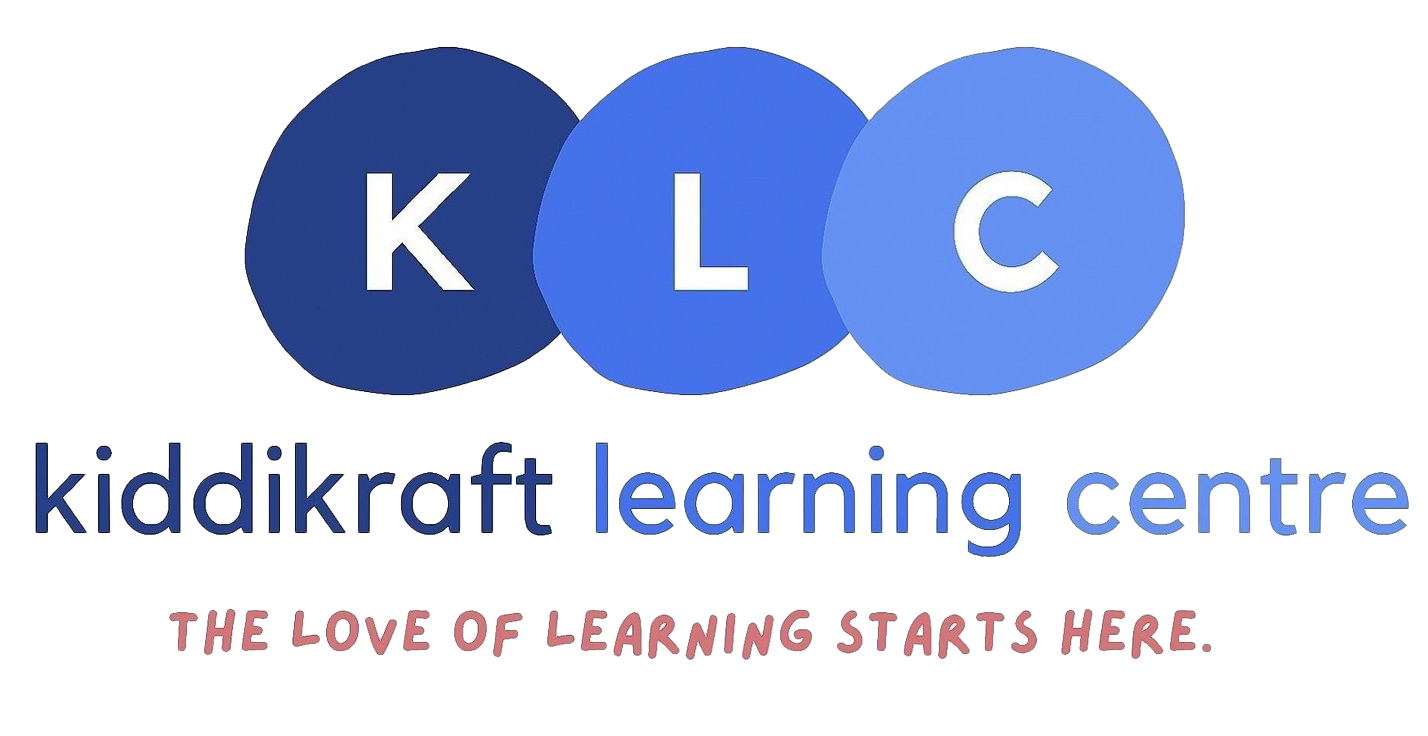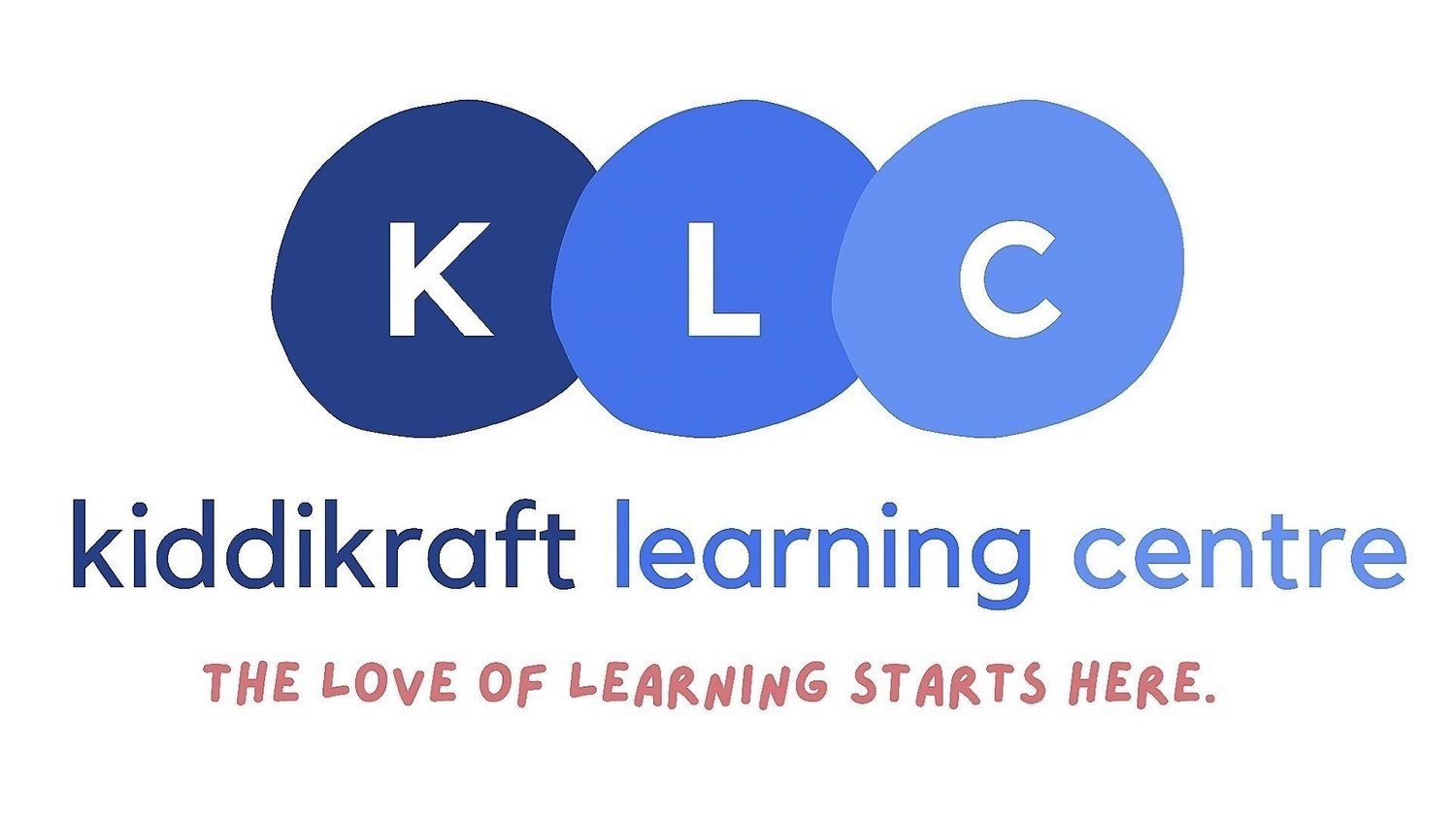Developing Social Skills: Nurturing Relationships
Introduction:
Developing social skills is essential for children's social and emotional development, and for building strong, positive relationships with others. By nurturing social skills such as communication, empathy, and cooperation, parents can help their children navigate social interactions with confidence and kindness.
Teaching Effective Communication:
Teach your child effective communication skills that enable them to express themselves clearly and respectfully, and to listen actively and empathetically to others. Encourage them to articulate their thoughts and feelings, ask questions, and engage in meaningful conversations with peers and adults.
Fostering Empathy and Understanding:
Foster empathy and understanding by helping your child recognise and appreciate the perspectives and feelings of others. Encourage them to take the perspective of others, show kindness and compassion, and demonstrate empathy in their interactions and relationships.
Promoting Cooperation and Collaboration:
Promote cooperation and collaboration by teaching your child the value of working together towards common goals and resolving conflicts and disagreements peacefully. Encourage them to share, take turns, and compromise, and to appreciate the strengths and contributions of others.
Building Friendship Skills:
Help your child build friendship skills by teaching them how to make friends, maintain positive relationships, and navigate the complexities of peer interactions. Encourage them to be inclusive, empathetic, and supportive of others, and to seek out friendships based on mutual interests and values.
Teaching Conflict Resolution:
Teach your child constructive ways to resolve conflicts and disagreements with others, such as active listening, compromise, and problem-solving. Encourage them to express themselves assertively, communicate their needs and feelings respectfully, and work towards resolution with empathy and understanding.
Providing Social Opportunities:
Provide opportunities for your child to interact and socialise with peers in a variety of settings, such as school, extracurricular activities, and community events. Encourage them to participate in group activities, clubs, and sports teams, and to engage in social experiences that foster friendship and connection.
Modeling Positive Relationships:
Model positive relationships and social skills in your own interactions and relationships with others. Demonstrate kindness, empathy, and respect in your interactions with family members, friends, and strangers, and show your child what healthy, positive relationships look like.
Celebrating Social Achievements:
Celebrate your child's social achievements and milestones, such as making a new friend, resolving a conflict peacefully, or demonstrating empathy and kindness towards others. Highlight the importance of social skills and positive relationships, and encourage them to continue developing their social skills and nurturing meaningful connections with others.
Conclusion:
Developing social skills is essential for children's social and emotional development, and for building strong, positive relationships with others. By teaching effective communication, fostering empathy and understanding, promoting cooperation and collaboration, building friendship skills, teaching conflict resolution, providing social opportunities, modeling positive relationships, and celebrating social achievements, parents can help their children navigate social interactions with confidence, kindness, and empathy.

